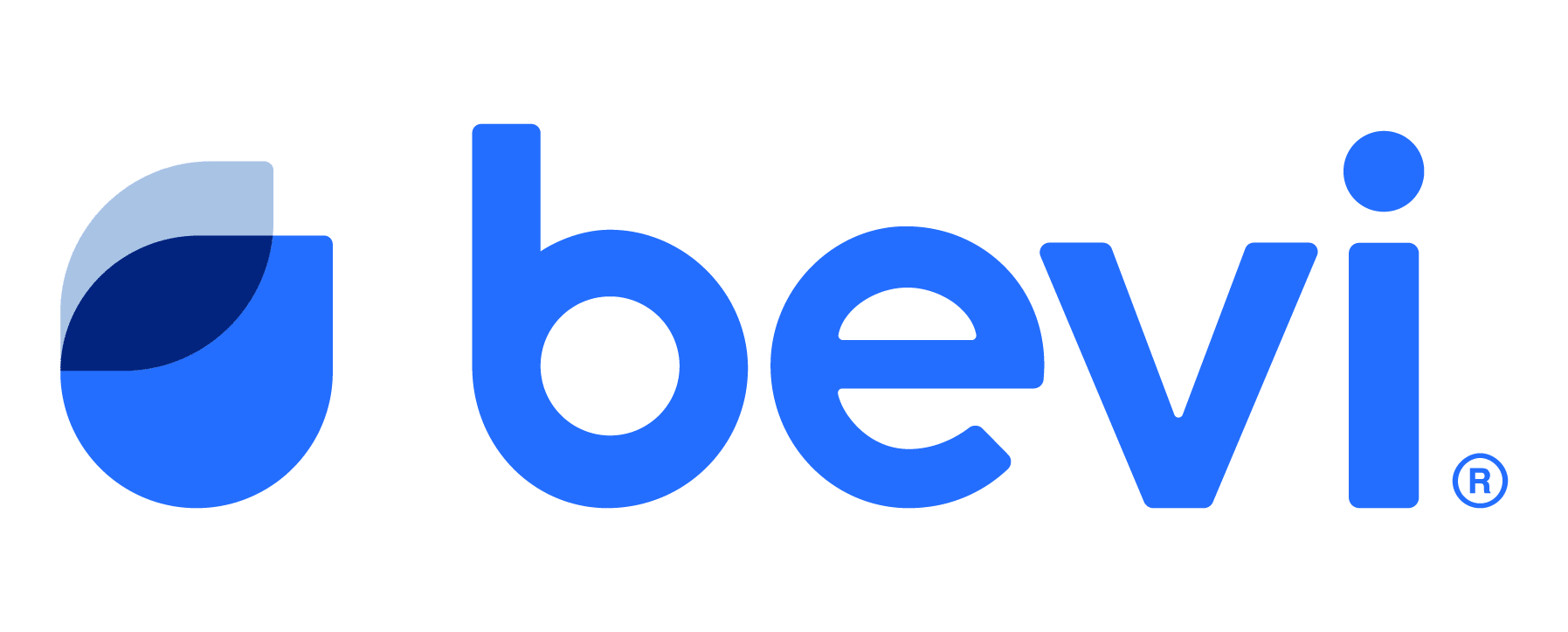It’s no secret that employees have been leaving their jobs at an alarming rate. According to the U.S. Bureau of Labor Statistics, about 4 million Americans quit their jobs in July 2021 alone and resignations have been higher than normal since as far back as April 2021. A recent survey by Joblist shows no signs of this trend abating. In fact, it reports “close to three-quarters of workers are actively thinking about quitting their job.”
This exodus from the workforce is being referred to as “The Great Resignation” and though it’s affecting all industries, Harvard Business Review drilled down on some of the data to see who and what is driving the movement. They found that “resignation rates are highest among mid-career employees in the tech and healthcare spaces.” Even if this isn’t your industry or demographic, no one is immune to the underlying issues driving this trend.
Adam Klotz, an organizational psychologist credited with coining the term, gave some insight to Insider on how the past year has influenced employees’ mindsets. “From organizational research, we know that when human beings come into contact with death and illness in their lives, it causes them to take a step back and ask existential questions,” Klotz said. “Like, what gives me purpose and happiness in life, and does that match up with how I’m spending my right now? So, in many cases, those reflections will lead to life pivots.”
Though it seems like only continued turmoil in the foreseeable future, Klotz also sees some hope for healthy changes for both employers and employees. He predicts that one silver lining “would be if the world of work transitioned to a more healthy, sustainable place for employee wellbeing.” To that end, Jack Altman, CEO and co-founder of people management platform Lattice, recommends retaining talent by celebrating wins and showing employees you care about them by rewarding their work.
What better way to combine the two than with thoughtful perks that keep your team members engaged and healthy? Here are 5 ideas for perks that can help prioritize your employees’ wellbeing and keep your team intact.
Paid time off
For the third year in a row, paid time off topped HRExecutive’s perks poll. While remote work has come to many of the workplaces most affected by the Great Resignation, sometimes that flexibility isn’t enough. When employees are on the verge of leaving, extra time off can help them reevaluate their relationship with work and give them the time and space they need to return with a fresh mindset. Though not for every industry, it might even be worth exploring a 4-day workweek which has proven an “overwhelming success” in Iceland according to the BBC.
Health and fitness perks
Indoor gyms may still be too close for comfort, but that doesn’t mean you can’t find alternative ways to encourage physical fitness. Before the winter months arrive, sponsor some group yoga or workout classes outdoors. If your team is distributed, offer a stipend for employees to find workout opportunities that suit them best in their area.
For those of you returning to the office, bring some excitement and healthy beverages back to the water cooler with flavored seltzer options like blackberry lime and strawberry lemongrass. Nothing compares to conscientious hydration when it comes to improving mental clarity and battling fatigue.
Professional development and training opportunities
If employees are feeling a little stifled in their current role, by all means explore their career roadmap, but it also might be worth encouraging them to look outside work for other kinds of fulfillment. Google is known for offering up to $12,000 in tuition reimbursement each year. How can you help your team pursue their development outside of work?
Team-building outings
We’re all a little rusty when it comes to socializing. Zoom friends just aren’t quite the same as in-person friends. Encourage cross-functional collaborations just for the fun of it to build deeper relationships between employees and foster a sense of camaraderie that makes employees want to come into work each day. Timberland is known for encouraging service sabbaticals equaling 40 hours of paid volunteer work per year. At Bevi, we’ve organized team hikes, axe-throwing competitions, barbecues, and more!
Bonuses and stipends
There’s no getting around it: money talks. We’re not suggesting you set up one of those booths where employees have 30 seconds to grab as much flying cash as they can (though your social media manager may now be thinking about how many views that would rack up on tik tok), but we are suggesting that hard work and persistence through a tough year and half deserve recognition and compensation. Much like the stipends and bonuses given early in the transition to working from home, consider recognizing the team that’s made it through the ups and downs together with a monetary thank you.
How are you retaining talent?
What are your thoughts on the Great Resignation? Have you been able to proactively stem the tide at your company? We’d love to add your tips to the conversation on Facebook, Instagram, Twitter, or LinkedIn!


